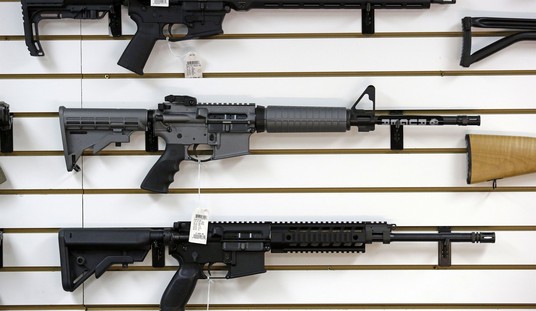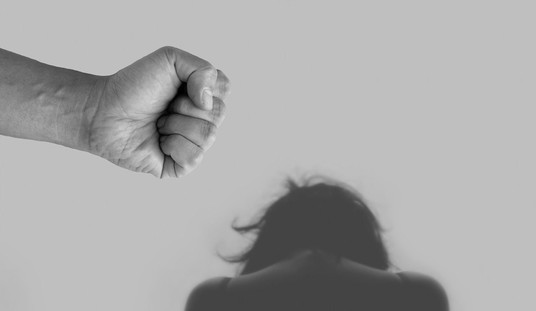Quanell X, the head of Houston’s New Black Panther Party and one of the agitators who has gone after everyone from George Zimmerman to Ferguson Police Officer Darren Wilson, has almost always sided against the police in officer-involved shootings of suspects.
He is now singing a different tune after personally going through “shoot/no shoot” training with the Missouri City Police Department.
X played the role of a law enforcement officer responding to calls in a number of different scenarios, and had to chose whether to use his gun (a realistic training weapon that fires man-marker rounds), a taser, or not to employ any force at all.
Now that he’s seen life through the eyes of an officer, his views of of the challenges faced by police have changed.
He’ll walk away, calling for people to comply with police.
“Please brothers and sisters, if they tell you to do something, do it,” said Quanell. “When the suspect started being combative or argumentative, I want to pull my gun.”
He’s shocked at how many shots he fired, something he so often questions in police shootings.
“I think I might have emptied my clip,” said Quanell, and standing in a cop’s shoes, Quanell wants them to have more backup.
“I think police shootings would go down if you had at least two cops assigned to every vehicle,” said Quanell. “You’re trying to see everything and guess everything at the same time.”
After a lifetime of second-guessing police, Quanell now sees shades of gray in situations that once seemed purely black and white.
“How do you think you are going to change the way you approach the next situation like this?” Barr asked. “You gotta gather the facts,” Quanell answered. “As an activist, we want to respond to the family’s hurt and pain immediately, but we could possibly respond very incorrectly, if we don’t take our time to gather some facts ma’am, because these situations, they go from zero to 100 in a split second.”
Quanell X is the second “Black Lives Matter”/”Hands Up, Don’t Shoot” activist who has radically changed his views on officer involved shootings within the past month.
In January, Phoenix-based Reverend Jarrett Maupin went through very similar scenario-based training with the Phoenix Police Department, and came to a similar conclusion:
Up until the moment Reverend Maupin put on his holstered airsoft gun, he had a false preconceived notion of how police officers interactions with the public take place. He had a false understanding of just how fast a seemingly non-violent encounter can turn into a deadly-force situation, and he didn’t understand that it is how the suspect chooses to respond to an officer’s commands that drives the encounter.
His eyes have now been opened.
“I didn’t understand how important compliance was,” he stated. “But after going through this, yeah, my attitude has changed.”
“This is all unfolding in ten to fifteen seconds… people need to comply with the orders of law enforcement officers for their own safety.”
Both X and Maupin will continue to be activists working to reduce the tension between officers on the street and minority communities, but they will now do so after having a taste of what officers go through on a daily basis, and having experienced first-hand how a seemingly benign situation can become a violent encounter where the officer must employ deadly force to survive.
The vast majority of controversial police shootings have come as the direct result of suspects refusing to comply with lawful police commands, often exacerbated by suspects then going for weapons. The recent fatal shootings of Ladarius Williams (an ex-con who pulled a stolen Springfield Armory 1911 on St. Louis officers, MO officers) and Yvette Henderson (who pulled a gun on a Home Depot security during a robbery attempt and then attempted to carjakc three vehicles before being shot by Emeryville, CA police) are examples of the latter that “community activists” have been attempting to exploit.
The simple fact of the matter is that officers on the street don’t think about race when engaging a potential suspect. They instead look to and respond to actions and physical threats.
If you aren’t a threat to police, they probably won’t be a threat to you.
It’s not that hard to understand.








Join the conversation as a VIP Member